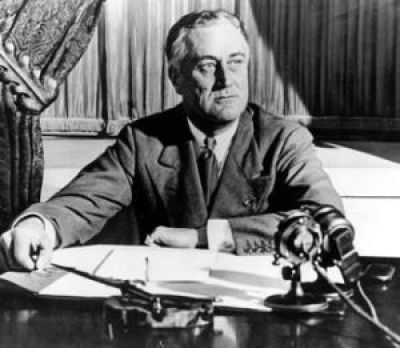7 Thanksgiving controversies: Date change, mentions of God, ‘Day of Mourning’
‘Franksgiving’

In 1939, Democrat President Franklin Delano Roosevelt issued a proclamation moving Thanksgiving from the last Thursday in November to the second to last Thursday in November.
Roosevelt’s decision was part of his effort to revive the economy during The Great Depression by adding an extra week to the Christmas shopping season.
While many in the business community supported the decision, there was a great deal of backlash from political opponents who were quick to negatively label the new date “Franksgiving.”
Additionally, many civic organizations and educational groups that had already finalized their Thanksgiving celebration schedules when the change was announced took issue with it.
“Public opinion split along political lines. A Gallup Poll showed Democrats favored the switch 52 percent to 48 percent, while Republicans opposed it 79 percent to 21 percent. Overall, Americans opposed the change 62 to 38,” according to The Washington Post.
“Many GOP governors vowed to keep the traditional Thanksgiving date. The result was two Thanksgivings: 23 states and the District of Columbia went with Nov. 23, while 22 states stuck with Nov. 30. Three states — Colorado, Mississippi and Texas — observed both dates.”
In 1941, Congress passed a joint resolution making Thanksgiving a legal holiday that was to fall on the fourth Thursday of November every year, which took effect in 1942.



























